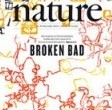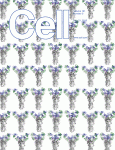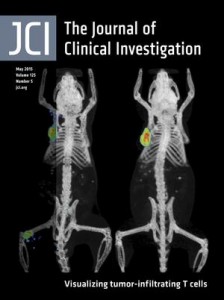 Genome Biology has partially retracted a high-profile paper about an epigenetic biomarker of aging – a year and a half after the author alerted the journal to a software coding error that invalidated one of its findings.
Genome Biology has partially retracted a high-profile paper about an epigenetic biomarker of aging – a year and a half after the author alerted the journal to a software coding error that invalidated one of its findings.
The paper, “DNA methylation age of human tissues and cell types,” garnered some media coverage and forms the basis of its author Steve Horvath‘s work on measuring human aging. It has been cited 73 times, according to Thomson Scientific’s Web of Knowledge. The article is also recommended on the post-publication peer review site Faculty of 1000.
The lengthy, peer-reviewed erratum notice, written by Horvath, refers to several figures and files, as well as a conclusion:







